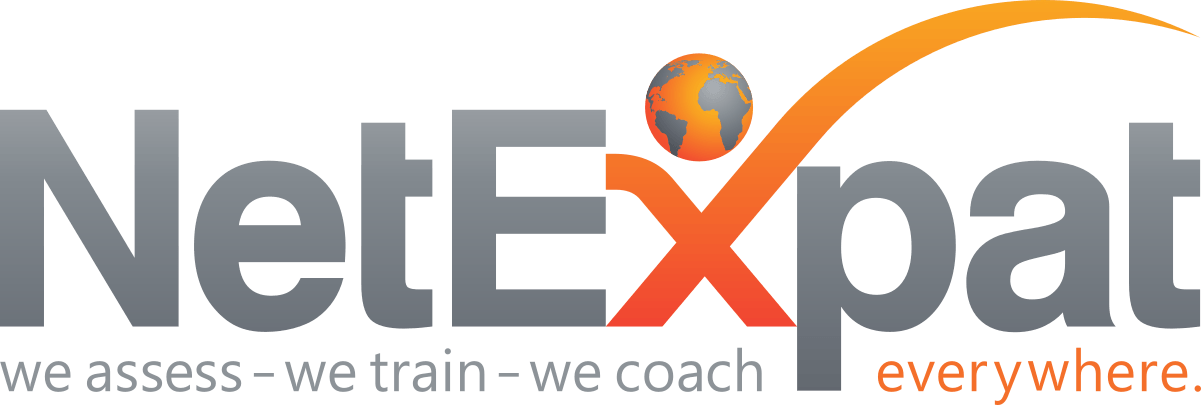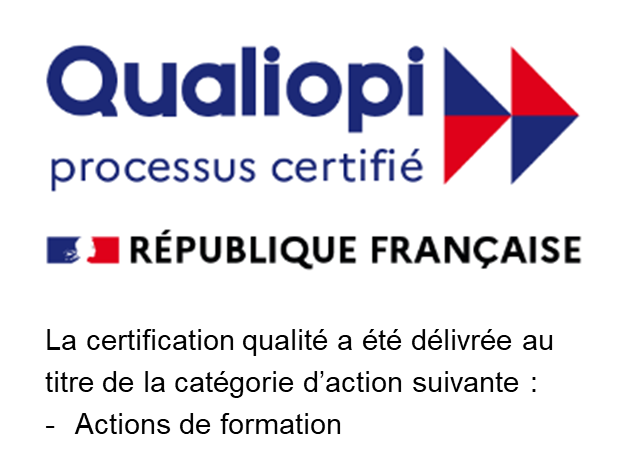NETEXPAT WINS FEM EMMAs AWARD FOR CUTTING-EDGE TECHNOLOGY SOLUTION

“For over 25 years, NetExpat has provided intercultural coaching and training services to mobile employees and their families – in ways that have evolved as often and as quickly as the global marketplace has. We’re thrilled to have won a FEM EMMA award that recognizes our CultureSnap platform; it’s bridging cultural gaps, making a tangible difference in the ways global teams collaborate, and providing organizations with a competitive advantage in a global market that’s demanding agile technology that connects people in very meaningful, human ways.”
-- Des McKell, SVP Advisory & Global Partnerships
In today’s workforce environment, two things are certain: the growing diversity of global teamwork requires a keen understanding of intercultural perceptions and communication – and technology is becoming more important than ever to make intercultural training easy, accessible and effective. NetExpat is committed to providing both priorities to our clients and their employees, so we’re thrilled to have won a coveted FEM Americas EMMAs award this year for our cutting-edge platform, CultureSnap® in the category, Most Innovative Use of Technology in Global Mobility – Bespoke Solutions. The FEM EMMAs are considered the premier awards in the global mobility and international HR industries.
What is CultureSnap?
Created specifically for international employees, business travelers and global teams, CultureSnap is a psychometric tool that helps employees refine their intercultural awareness and agility in the workplace. Using the platform improves their overall business performance as part of a global team.
How does it work?
Participants complete a 10-minute online questionnaire to describe their preferences and behaviors when it comes to time, communication style, teamwork habits and more. A virtual report summarizes the results, providing a clear picture of the individual’s cultural behaviors – and then allows them to compare these behaviors with up to five different cultures for a compatibility assessment. The individual is also encouraged to invite colleagues, family, and friends to share their perceptions of the participant.
A CultureSnap-certified consultant translates results during a confidential web debriefing. The collective findings and feedback give each participant an opportunity to discover their strengths, but also to anticipate challenges when working with intercultural teams and partners. Individuals gain an understanding of how their mindset compares with other cultures, allowing them to proactively address intercultural exchanges in positive ways. Best of all, CultureSnap can be accessed anywhere, at any time, on any device. Both employees and their employers benefit from greater productivity, collaboration, and team performance.
If you’re interested in learning more about our innovative, award-winning platform, CultureSnap to up-level your global workforce’s intercultural agility, contact the ExpAdviser Team, at:
expadviser@netexpat.com. We look forward to assisting you!
Share this post














